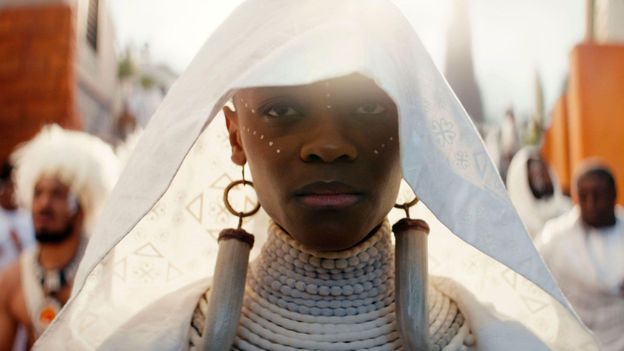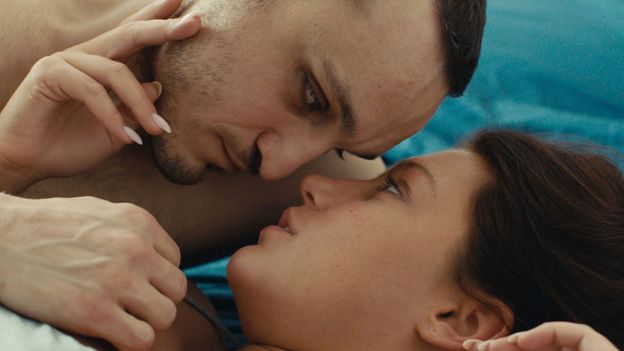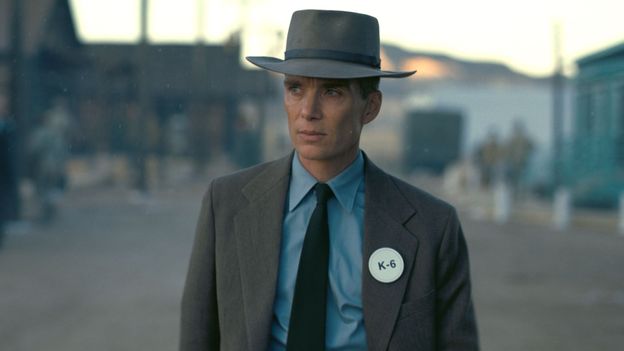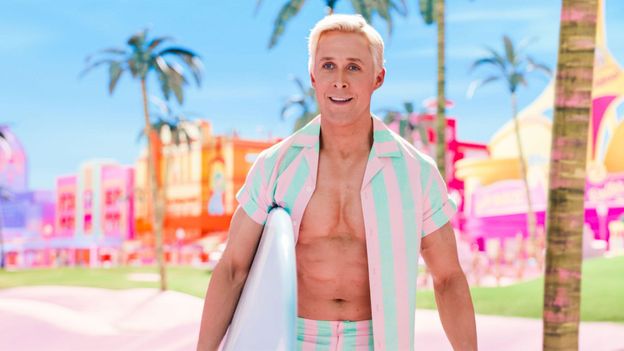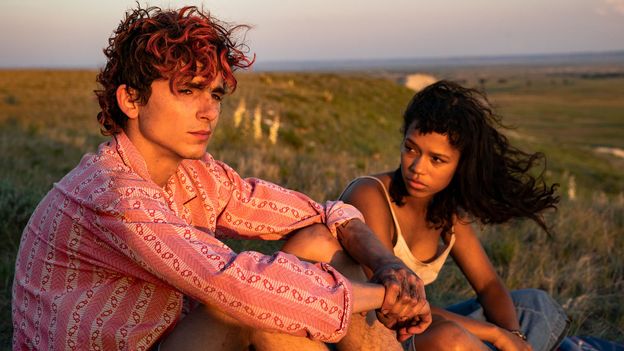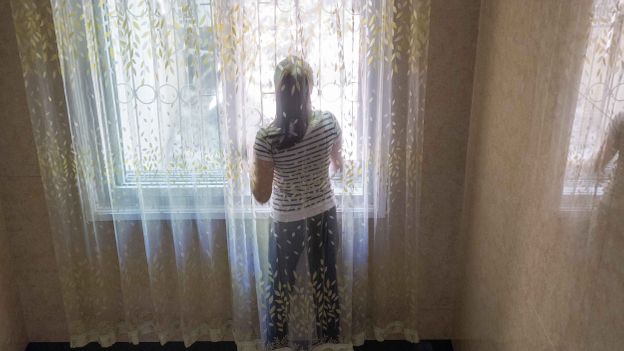But Carter points out that while progress has been made on the small screen since 2018, “we were already seeing an uptick in black leads in television prior to [Black Panther]” – see shows such as Rhimes’ hit political thriller Scandal (2012-2018), featuring Kerry Washington as fixer Olivia Pope, and sitcom Blackish, which premiered in 2014 and targeted a black viewership “but still was pulling in incredible numbers from a universal audience”. The same applied to music industry drama Empire (2015), which captured more than 17 million viewers in its first season. However, while these various successes have been “colossal from where we’ve come from, they still are crumbs and we need more of [them],” believes Carter.
What type of stories are being told?
Aside from the question of whether we are seeing enough black stories, the nature of the stories being told continues to cause debate. In particular, critics have pointed out with increasing frequency the way in which film and TV can prioritise the platforming of narratives centred on “black trauma“, from police brutality and lynchings to slavery. The latter, in particular, remains a recurring topic in US film and TV: the latest high-profile film on the subject, set to be released in December, is Will Smith’s Emancipation, about a man who escapes a Louisiana plantation. For Gauyo, at times “the slave narrative has been so overdone, but in ways that have been redundant. There haven’t been many fresh takes”. However, last year filmmaker Barry Jenkins’ 10-part Amazon miniseries The Underground Railroad was praised for its distinctive approach to the subject. The small-screen adaptation of the Colson Whitehead novel follows Cora, an enslaved woman trying to escape to freedom through a physical underground railroad network, making literal the old metaphor for the network of safe houses and secret routes that escaped slaves used.
The award-winning series featured some gruesome scenes of torture and brutality but in contrast to those, there were also many scenes of gentleness and tenderness, exploring relationships such as those between a mother and daughter on the plantation. In general, there was less of a focus on slave owners and their cruelty, and much more on the enslaved people themselves and their stories. For Gauyo the series is fresh and “an example of telling something in a different way and from a new perspective that we haven’t seen before”.
There is certainly more room for improvement in getting fair and equal representation in Hollywood. Gauyo says that while “we’ve [black people] had a history of being marketable and showing our success in the television and film zeitgeist, there still seems to be a disconnect with the people at the top who are making decisions to greenlight some of these things”. A 2021 report by management consultancy firm McKinsey and Company revealed that fewer black-led stories get told, and when they are, they have been underfunded and undervalued, despite often earning higher relative returns than other movies. Figures like Brunson and Coogler have broken the mould, as before them have everyone from Rhimes to Spike Lee, but for Woods, they are “outliers and not the norm”.
“Black Panther can only do so much. We have to have people who are actively working in Hollywood to be change agents,” says Carter. This is something Gauyo also agrees with. “To an extent, people look at Black Panther as to why there’s been a certain level of growth in the industry from people of colour,” he says – but as someone who works in Hollywood, he believes more diversity is needed amongst the decision-makers who greenlight projects. The McKinsey and Company research also reveals that black professionals are severely underrepresented in executive decision-making roles throughout the industry. For Gauyo, it’s fantastic that films like Black Panther and shows such as “Insecure and Abbott Elementary get greenlit [now], but the fact is there can be so many more”.

